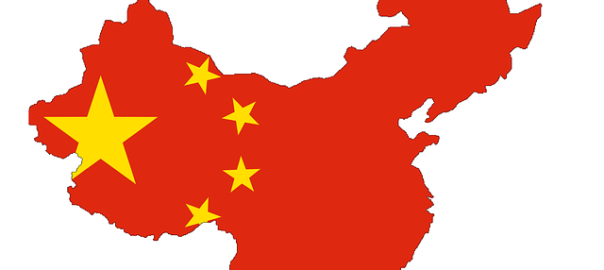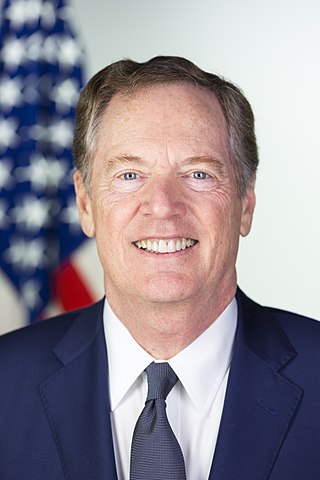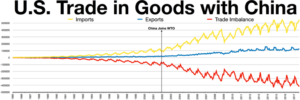The Biden administration warned China Tuesday that the United States would not “leave Australia alone on the field” in its ongoing economic clash with Beijing.
China and Australia have been at odds since 2017, first when parliament outlawed foreign political donations in order to stem Chinese influence in Canberra, and later when Australia locked Chinese tech giant Huawei out of its 5G network.
Beijing responded by imposing a series of punishing tariffs and limits on a range of imports from Australia including coal, wine, barley, live seafood, beef and timber.
China is Australia’s largest trading partner by far, with bilateral trade growing from $132 billion in 2014-15 to $231 billion for 2019-20. Australia is also one of the few countries to maintain a trade surplus with China, with Canberra exporting $150 billion to China against $81 billion in imports.
To date, the United States has not intervened in the standoff. The issue did not play a role in former President Donald Trump’s policy vis-à-vis China.
But speaking to the Sydney Morning Herald ahead of a meeting between American and Chinese officials, who are scheduled to convene in Anchorage, Alaska on March 18, Kurt Campbell, President Biden’s point man for the Indo-Pacific region said the new administration would link its China policy with Beijing’s treatment of U.S. allies.
“We have made clear that the U.S. is not prepared to improve relations in a bilateral and separate context at the same time that a close and dear ally is being subjected to a form of economic coercion,” Campbell told the newspaper on March 16.
Last year, Britain’s The Guardian reported that sanctions have cost the Australian economy $19 billion, but predicted that the number could grow to $28 billion if travel by Chinese nationals to Australia does not rebound after Covid-19 restrictions are lifted.



